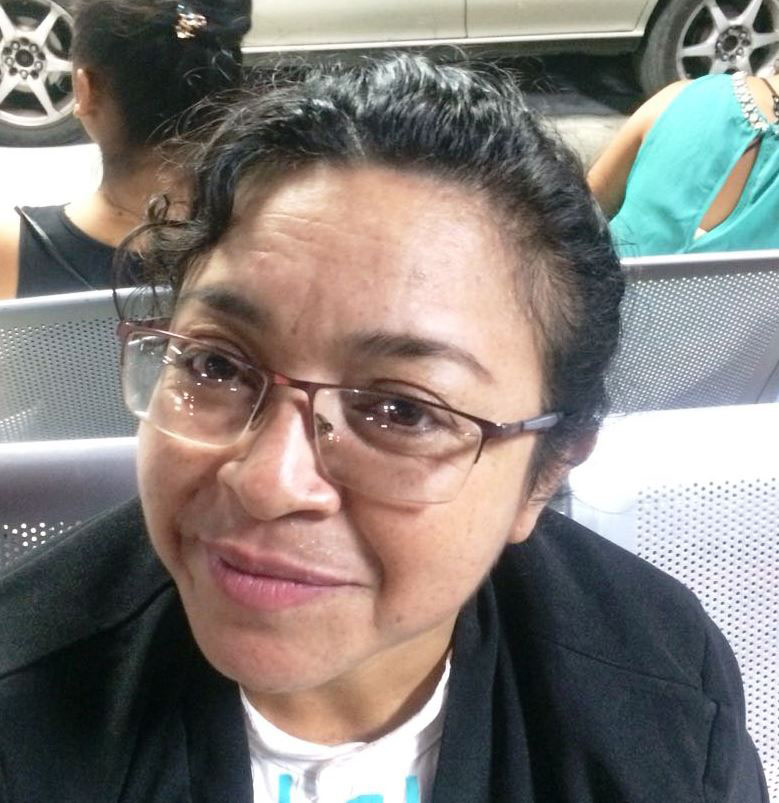The Amerindian Peoples’ Association (APA) says that the Ministry of Education’s (MoE) decision to hold key examinations in July is further depriving hinterland students of opportunities to have access to quality education and putting indigenous communities at greater risk.
The National Grade Six Assessment (NGSA) along with the Caribbean Secondary Education Certificate (CSEC) and the Caribbean Advanced Proficiency Examinations (CAPE) are scheduled for next month.
“The APA’s concerns are that having that particular set of examinations this year may very well further entrench our children to a disparity or further disadvantage where a system … has not been equal so the … space of inequality for proper or formal education will now be a bigger gap for our children,” APA’s Governance and Rights Coordinator Laura George told the Sunday Stabroek yesterday.
Commenting on a statement by MoE officials that they are satisfied with the level of preparedness for examinations in hinterland regions, George stated that she has spoken to numerous students and they have complained about being unable to access online services in hinterland regions. Many students who attend schools in Georgetown opted to return home after schools closed due to the pandemic because they could not afford to stay in the city, George disclosed. She said, even in Georgetown, people struggle to gain access to free internet services and in the hinterland, the situation is worse.
Further, she said, scholarship students returning to the city to write their exams can have devastating effects, especially since Georgetown remains the epicentre of the pandemic in Guyana. She said, there is the risk of someone contracting the disease in the city, then going back home and exposing an entire community to the virus. If this happens, she noted, the community health centres and hospitals are not prepared to handle an outbreak.
“COVID-19 is an opportunity for us to sit all together to learn and support each other on how we go forward so this is not the organizations fighting against the MoE or the government, this is having a voice, this is speaking out and making representation for the right of our children and this is not about indigenous people alone, it’s about the whole of Guyana. These things that we highlight as an organization are not some strange things that we are making up because we work with villages throughout those regions. As an organization, our concern comes from long years of working with villages and also of coming from those same villages,” George added.
George said students in the hinterland have never had any access to quality education and the ministry’s decision to go ahead with administering the NGSA is further depriving pupils of the limited opportunities available to have access to quality education.
‘Drawbacks’
The ministry also announced on Friday that for parents who had reservations about sending their children to school, students may be placed in the nearest secondary school and will have the option of writing a placement exam later in the year. This, George said, could be considered but there are a lot of drawbacks.
“We totally understand that the NGSA doesn’t define children’s potential but it creates opportunities for children who have the potential to be placed in a top high school or to attain a hinterland scholarship. To achieve a hinterland scholarship is almost an illusion. I know our teachers work very hard but the support system and the support mechanism have always been what has created a setback for many of our children. The opportunity for our children to be able to better grades than previous years is again further crippled in this situation especially,” she stated, before explaining that most children have to learn on their own with limited supervision in the dormitories with facilities that are not on par with facilities on the coast.
In addition to that, she added, although the ministry has stated that students have the option of not writing the NGSA and will be placed in the nearest secondary school for the new school year, there is already overcrowding of schools and dormitories. “Their solution is just going to create another crisis,” George said, before adding that it seems as though the ministry has not thought the issue through.
“They are giving us the impression that these things have not been thought out and we need more substantial planning, strategic planning to cater to our needs. There were no proper consultations, there should be a national consultation, they should find out from parents, the general society how they think the ministry should go ahead when it comes to our future. What the Ministry of Education probably should have been doing is delaying the examinations so that we are certain that our country is declared free of the coronavirus and that people can feel comfortable that children can feel safe going to the classes,” she stated.
Additionally, she stated that the ministry should take into consideration that Guyana has been facing two crises: the general election and the coronavirus pandemic. No doubt, she said, both crises have had an effect on everyone but given the situation they should consider the psychological state of teachers, children and parents.
“The MoE should have been reaching out online and consulting teachers and parents to see a way forward. While we are rushing to get this done we are risking our children’s and nation’s future and it should not happen like this. We should be thinking how to make this work better for our children and not rushing to get this done so schools can reopen for September,” George added.







